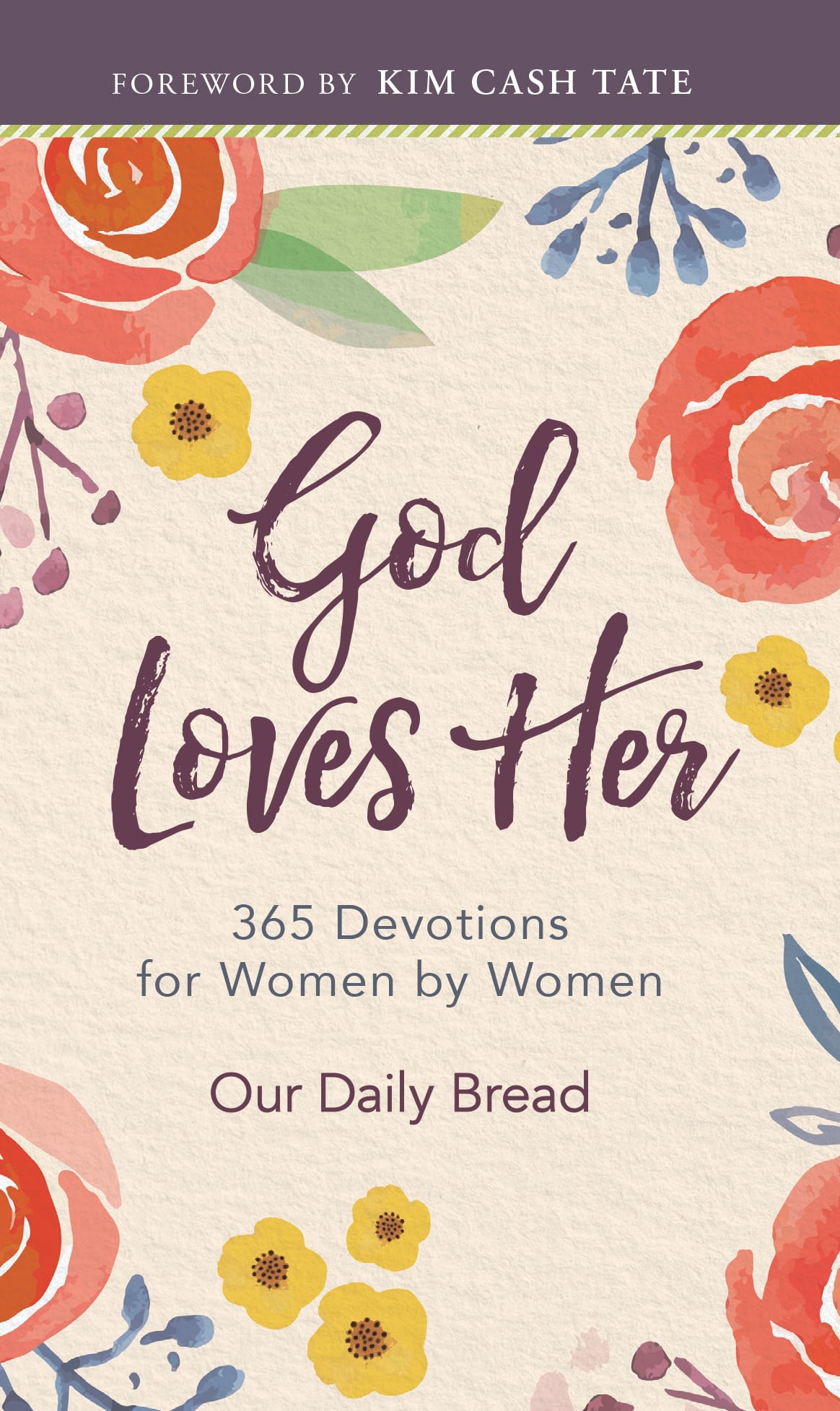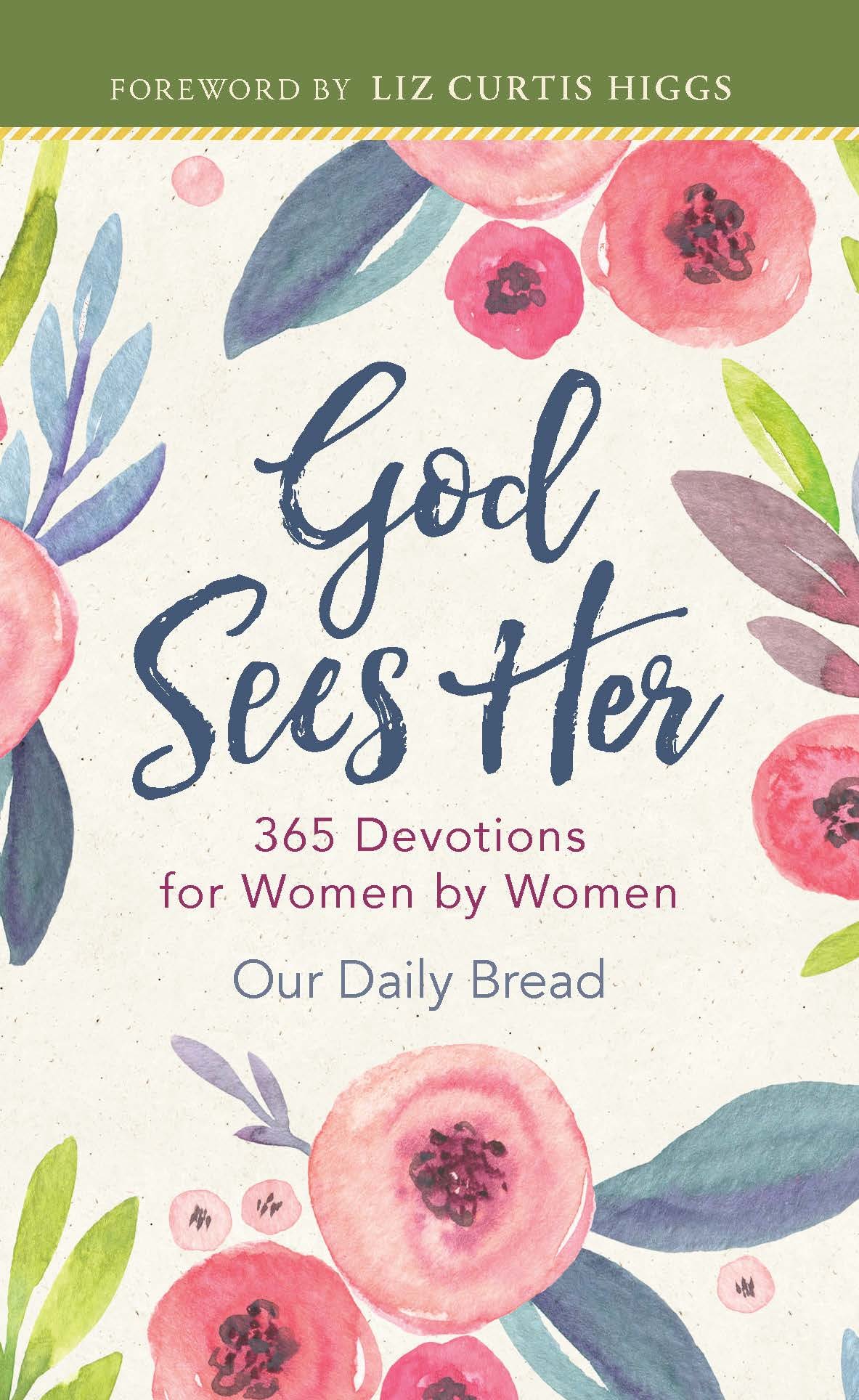We needed a new sofa.
Affectionately referred to as our “counseling couch,” it drew people together in a most unusual way. No matter how far apart two people placed themselves as they sat down, they’d be side-by-side in close quarters shortly thereafter.
Its springs had sprung.
Our family room, like many people’s, is the busiest room in the house. We watch movies crowded together, eating buttery popcorn or saucy pizza while we do. Family rooms are where kids or grandkids spread out their treasures for play and display, sometimes tucking them into the couch crevices for safekeeping—even partly eaten cookies or a half-empty juice box.
The dog hides stuff too. Anything she feels might be snatched from her—bones, toys, socks—ages unseen, under the frame. So it’s important that our furniture is not fussy or difficult to care for but easy to work with and, when soiled, simple to restore.
We headed to the store and, after recovering from sticker shock, narrowed it down to one piece we loved—a big sectional to meet everyone’s needs. As I told the saleswoman where we’d settle this pillar of comfort, she patted the upholstery. “It’ll be easy to remove spots as it’s a very forgiving fabric.”
That sounded perfect.
On the way home, I thought about a disagreement I’d had with a friend that still prickled my heart and eyes. I waited for her to reach out, but it seemed she was waiting for me to do the same. The truth was, although she may have said things in haste or stress, I had, too, regretting them as soon as they’d been spoken. But I rationalized why I’d been right or, at the very least, why we should divide the blame . . . not exactly repentance on my part.
Our counseling couch was no more. If I wanted us to be close again, I had to be a grown-up believer, admit my unqualified fault, and ask for forgiveness. Why is that so hard? Pride, of course. But I could not bend my neck in prayer before I bent it in contrition to my friend (Matthew 5:23–24).
Forgiveness is central to our beliefs. Without God’s forgiveness through Christ, we would not be saved. Yet even after we’re created anew in Him, we still sin, and sin is an agent of damage. We must repent, ask forgiveness from God and others, and forgive others when they do likewise, restoring relationships and intimacy.
We know that, as Christians, we are to forgive as the Lord forgives us. What does that look like?
The Lord forgives us after we repent, not before (Acts 3:192 Chronicles 7:14). We aren’t to merely assume or expect those we harm will overlook our sins. They shouldn’t, not for their good, nor ours. Owning up to our sin puts us in the humble position of admitting our wrongdoing and the harm it has caused and then acknowledging that we need to change. It’s been said that an apology without change is simply manipulation.
True repentance bears fruit. Although we will never be free from sin while on earth, true repentance is demonstrated by a consistent change in direction. Repentance takes humility. Christ is the perfect model of humility (Philippians 2:5–8). The beauty is that repentance and contrition not only restores others to us but also matures us toward Christlikeness.
When it’s our turn to forgive someone who has repented, we look again to the Lord to learn how He forgives us. Completely (Hebrews 10:18), that is, remembering them no longer. No holding a grudge or weaponizing it later. Gracefully (Psalm 103:10–12), not returning harm for harm. Compassionately (Exodus 34:6–7a) abounding in love. My friend offered that kind of forgiveness, and we are closer than ever. Might you need to ask forgiveness from your husband, a friend, a neighbor, or a child? Or forgive someone who has genuinely repented?
1 John 1:9 assures us that “If we confess our sins, [God] is faithful and just to forgive us our sins and to cleanse us from all unrighteousness,” leaving us wholly clean (Isaiah 1:18). Spotless. Resilient enough to spring back every single time.
We have a very forgiving God, and we are to forgive and be forgiving, just as He is.
Bear with each other and forgive one another if any of you has a grievance against someone.
Forgive as the Lord forgave you.
–Written by Sandra Byrd. Used by permission from the author.








4 Responses
Love this. Thank you Sandra! "True repentance bears fruit." — such a good reminder.
eryn eddy adkins
By looking at the CROSS, and remembering how Jesus forgave those who persecuted Him, we, too, can forgive others.
I read this article and I am confused by forgiving others that has repented. What if they never repented from hurting you deeply. And you forgive them over and over again.
This message was exactly what I needed to be reminded of today 🙂 That, and I am going to go find myself a forgiving comfortable couch! Haha